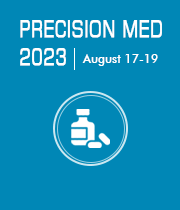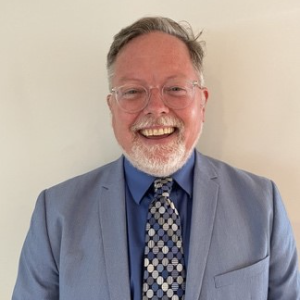Abstract:
Artificial intelligence has already changed the world. Here, this invited talk, will provide a review of how artificial intelligence (AI) can be used in medicine. By learning from how patients respond to certain therapies, AI can be used to predict clinical outcomes for that specific patient. By doing so, AI can be used in the context of numerous nanoparticles and nanosensors to promote disease prevention, diagnosis, and therapy. Specific examples will be given in orthopedics where AI was used to improve sensor function to eliminate orthopedic implant infections. Further, AI was used to predict how patients respond to orthopedic surgery to make improved decisions on care. In this manner, this invited talk will provide strong evidence that AI can be used to improve medicine and thus patient healthcare
Audience Take Away Notes :
- What artificial intelligence is
- How artificial intelligence can be used in medicine
- How biomaterials and artificial intelligence can be used together to improve disease prevention, detection, and therapy
Biography:
Thomas J. Webster’s (H index: 119; Google Scholar) degrees are in chemical engineering from the University of Pittsburgh (B.S., 1995; USA) and in biomedical engineering from RPI (Ph.D., 2000; USA). He has served as a professor at Purdue (2000-2005), Brown (2005-2012), and Northeastern (2012-2021; serving as Chemical Engineering Department Chair from 2012 - 2019) Universities and has formed over a dozen companies who have numerous FDA approved medical products currently improving human health. He is currently helping those companies and serves as a professor at Hebei University of Technology, Saveetha University, Vellore Institute of Technology, UFPI, and others. Dr. Webster has numerous awards including: 2020, World Top 2% Scientist by Citations (PLOS); 2020, SCOPUS Highly Cited Research (Top 1% Materials Science and Mixed Fields); 2021, Clarivate Top 0.1% Most Influential Researchers (Pharmacology and Toxicology); 2022, Best Materials Science Scientist by Citations (Research.com); and is a fellow of over 8 societies. Prof. Webster is a former President of the U.S. Society For Biomaterials and has over 1,350 publications to his credit with over 53,000 citations. He was recently nominated for the Nobel Prize in Chemistry (2023).


